Designing for Zero Waste

Introduction
In an era where sustainability is no longer just a buzzword but a necessity, industries are being reshaped by the growing demand for eco-friendly solutions. Consumers, particularly Gen Z, are increasingly prioritizing products that minimize environmental impact, driving brands to innovate and adapt. The market for eco-conscious products is projected to exceed a $360 billion market cap by 2030, highlighting the immense economic potential of sustainable business strategies.
Key strategies in the sustainable market include:
- Category Dynamics: Understanding how different product categories achieve varying levels of success with sustainable models.
- Refill Economics: Exploring how refill models drive customer loyalty, improve margins, and support long-term sustainability goals.
- Concentration Innovation: Examining how brands reduce packaging waste—and improve unit economics—by shipping compact, waterless products that are mixed or activated by the consumer.
This report provides insights into how brands and marketplaces are making an impact on the eco-conscious market.
Grove's Sustainable Marketplace
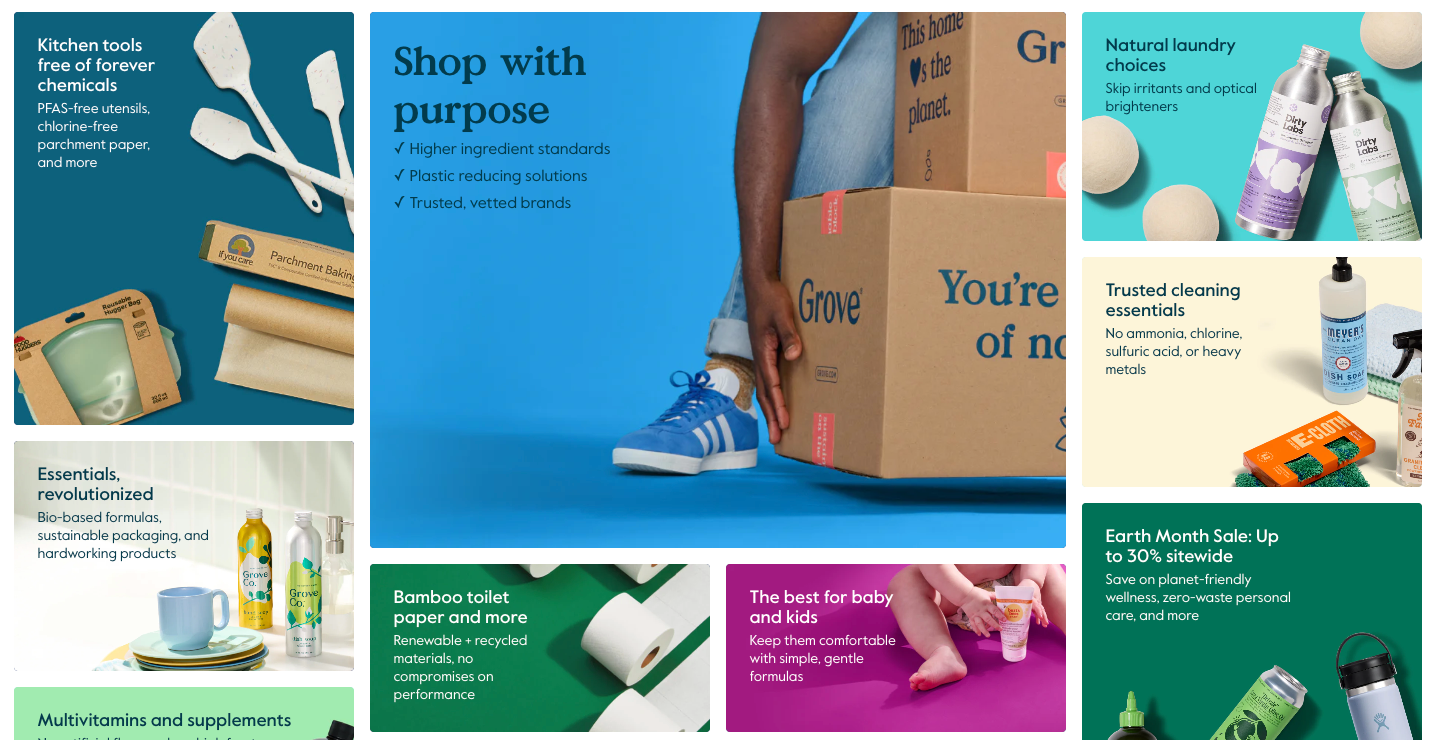
Grove Collaborative has emerged as a leader in sustainable retail by curating a diverse marketplace of eco-conscious brands. Their platform brings together innovative companies focused on reducing environmental impact across multiple product categories, from household cleaning to personal care.
Grove's success seems to lie in their ability to combine the strengths of various sustainable brands under one platform, making it easier for consumers to discover and buy sustainable products. They further educate consumers about products sold on their site with clear labeling about their environmental impact.
Grove Co. Product Assortment and Sales Volume Distribution
Percentage of Total Products and Sales Volume by Category
Their marketplace enables them to offer a wide range of products, including some of the most popular sustainable brands.
Mrs. Meyer's
One of the most recognizable brands on Grove's marketplace is Mrs. Meyer's, primarily known as a sustainable household cleaning brand. Products like its All Purpose Cleaner have helped normalize sustainable cleaning products in mainstream retail.
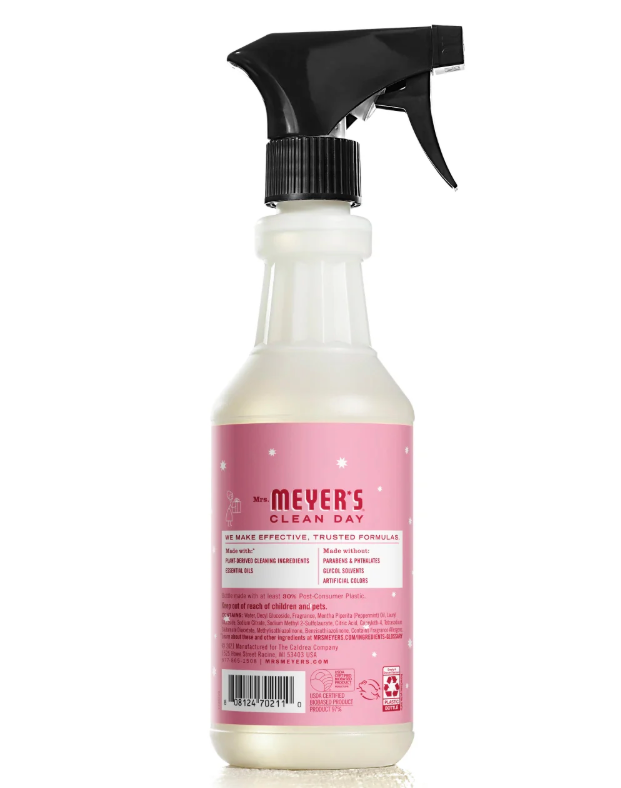
Ethique
Ethique has played a significant role in advancing the solid beauty movement with their waterless, plastic-free personal care products.
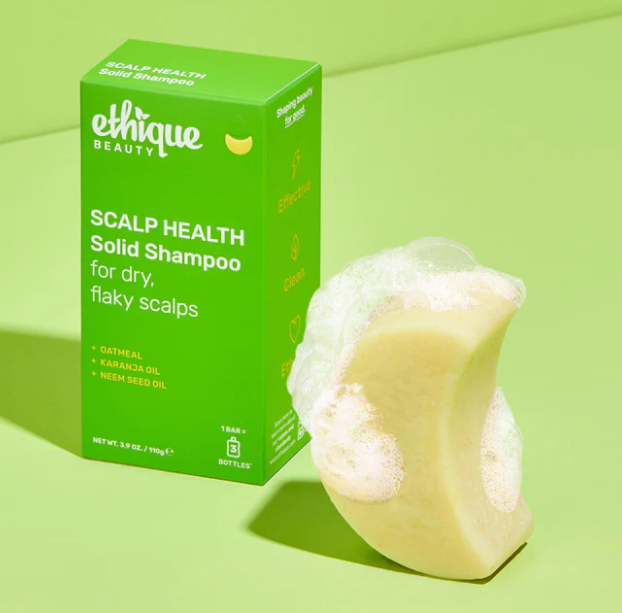
Their approach eliminates the need for liquid formulations and plastic packaging by creating concentrated bars for everything from shampoo to deodorant. This not only reduces packaging waste but also significantly decreases the carbon footprint associated with shipping water-heavy products.
Ethique Sales Volume
Weekly sales volume from December 2024 to April 2025
The impact of Earth Month can be seen in their sales spike at the beginning of April.
Stasher
Stasher's mission to create sustainable food storage options has paid off. Their premium silicone bags and containers that are plastic-free, endlessly reusable, and safe for everything from freezer to microwave use, are a strong example of functional and sustainable design.
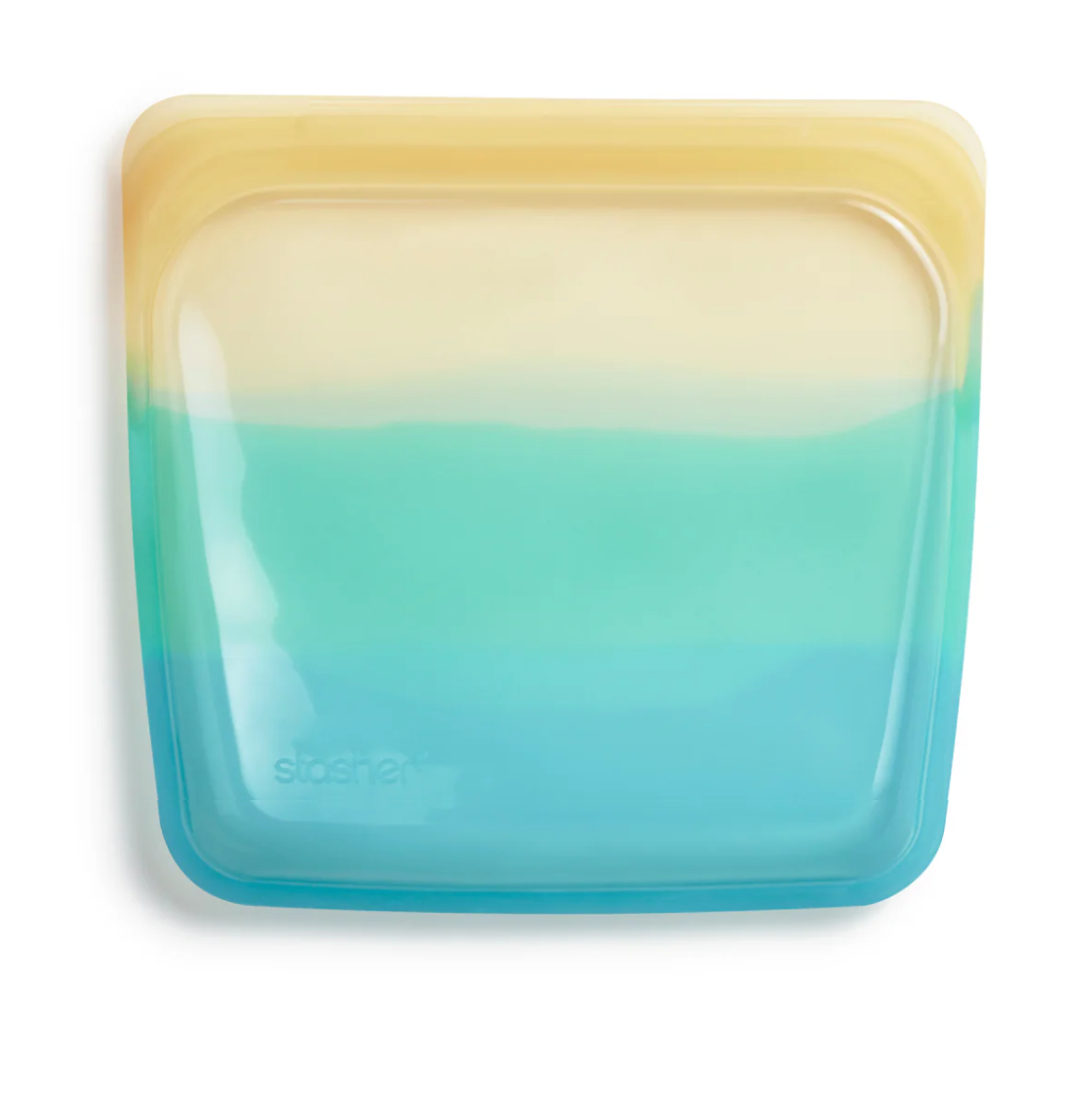
By Humankind: Refillable Containers
By Humankind takes a different path to sustainable personal care by focusing on free reusable containers and paid refill subscriptions. Their model addresses the challenge of single-use plastics in everyday personal care items by providing durable, aesthetically pleasing containers that consumers can keep and refill.
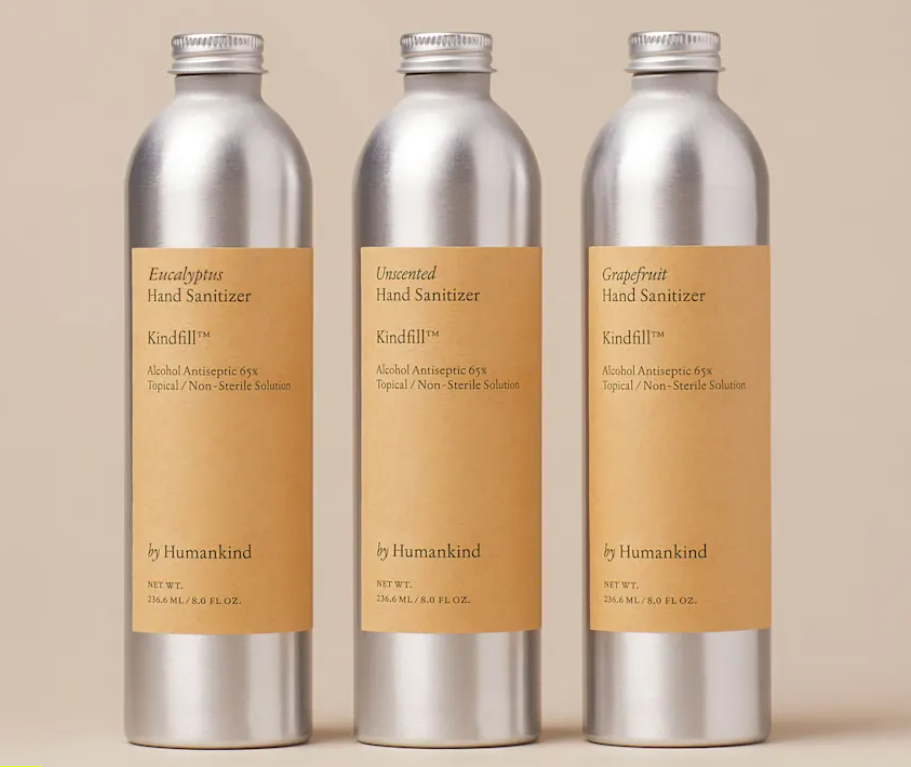
Blueland: Cleaning Detergents
Blueland has helped spotlight the need for more sustainable solutions in the detergent category. Their refillable bags replace bulky and heavy detergent bottles, reducing packaging waste and simplifying storage for their customers.
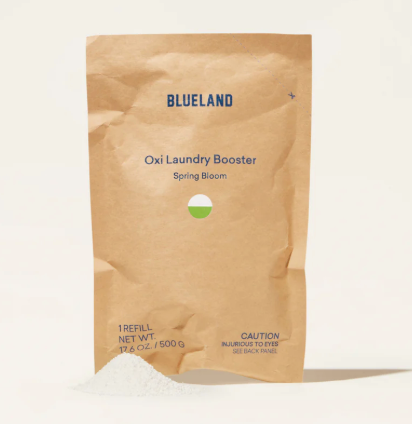
Their Oxi Laundry Boosters have become a top-selling product, demonstrating strong consumer demand for sustainable alternatives—and driving repeat purchases.
Everist: Self Care Concentrates
Everist has pushed the waterless beauty movement forward with their concentrated hair and body care products. Their model revolves around shipping beauty concentrates in small tins or tubes that consumers mix with water at home, reducing it to one-third the size of a typical bottle. This model not only minimizes packaging waste but also extends product shelf life and reduces carbon emissions from transportation.
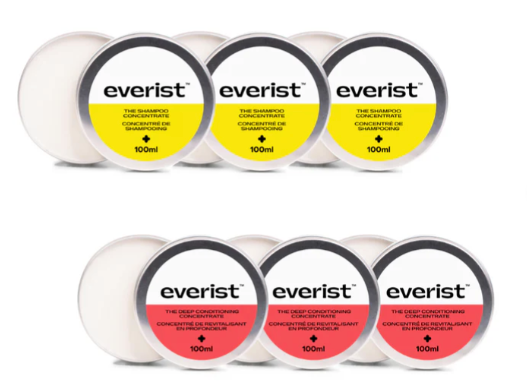
All of Everist’s top five products are concentrates, with the Haircare Bundle Tins and Tubes leading in revenue—suggesting strong consumer loyalty for these formats.
Sales Revenue of Concentrated Products
Sales revenue for various concentrated products
Key Takeaways
With sustainability now a core consumer expectation, several product strategies are proving essential for modern brands.
- Category Dynamics: Adoption of sustainable models varies widely by category, with household cleaning products showing strong traction for refill systems.
- Refill Economics: Refill models support higher margins and customer retention, offering brands a scalable way to foster long-term relationships while reducing packaging waste.
- Concentration Innovation: Compact, waterless, and tablet-based formats reduce packaging and shipping impact, empowering consumers to mix or prepare products at home.
Across all of these strategies, one theme is clear: innovation in format and delivery is reshaping the path to sustainable growth. Brands that invest in low-waste, high-function product design are better positioned to lead in the eco-conscious market of the future.

